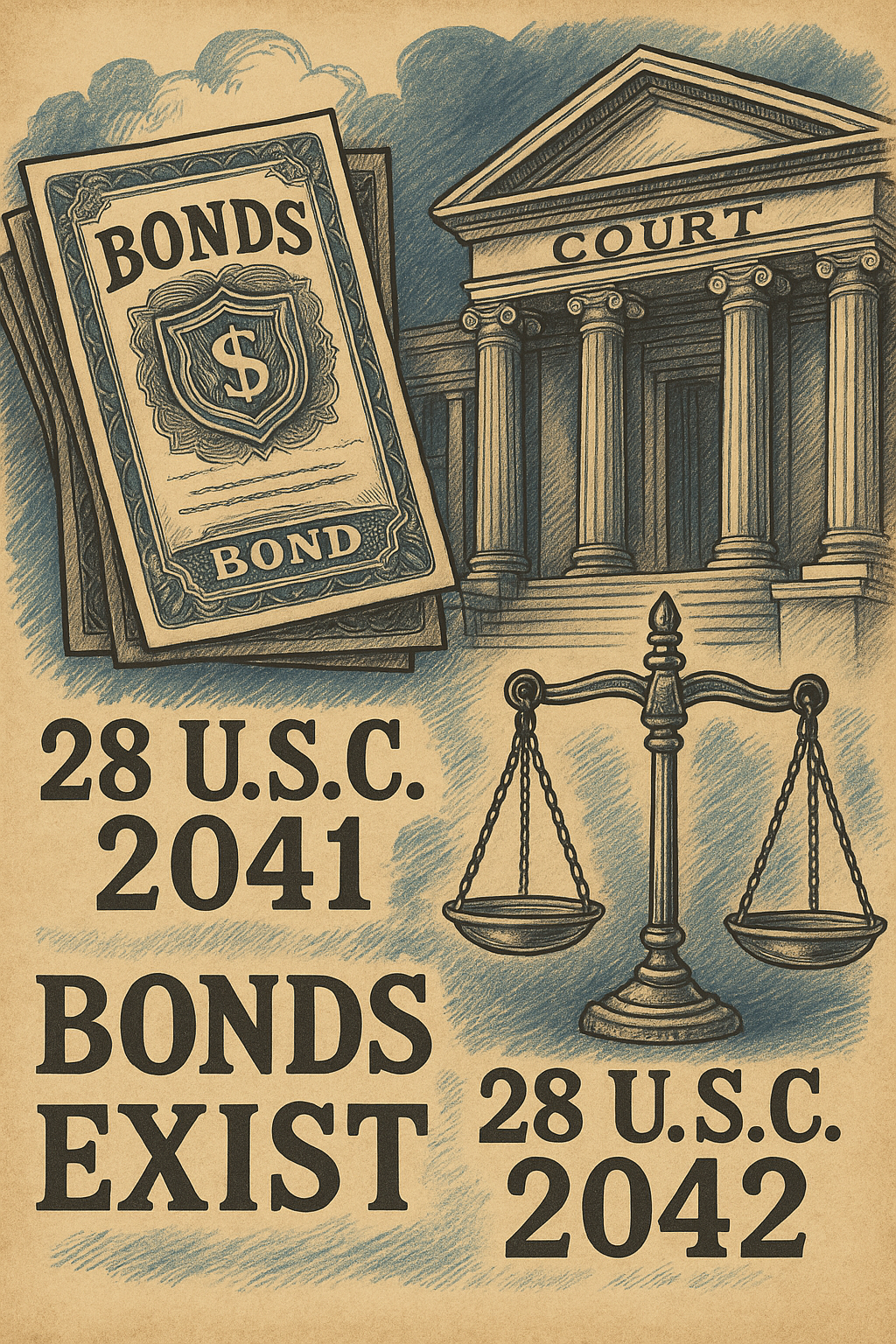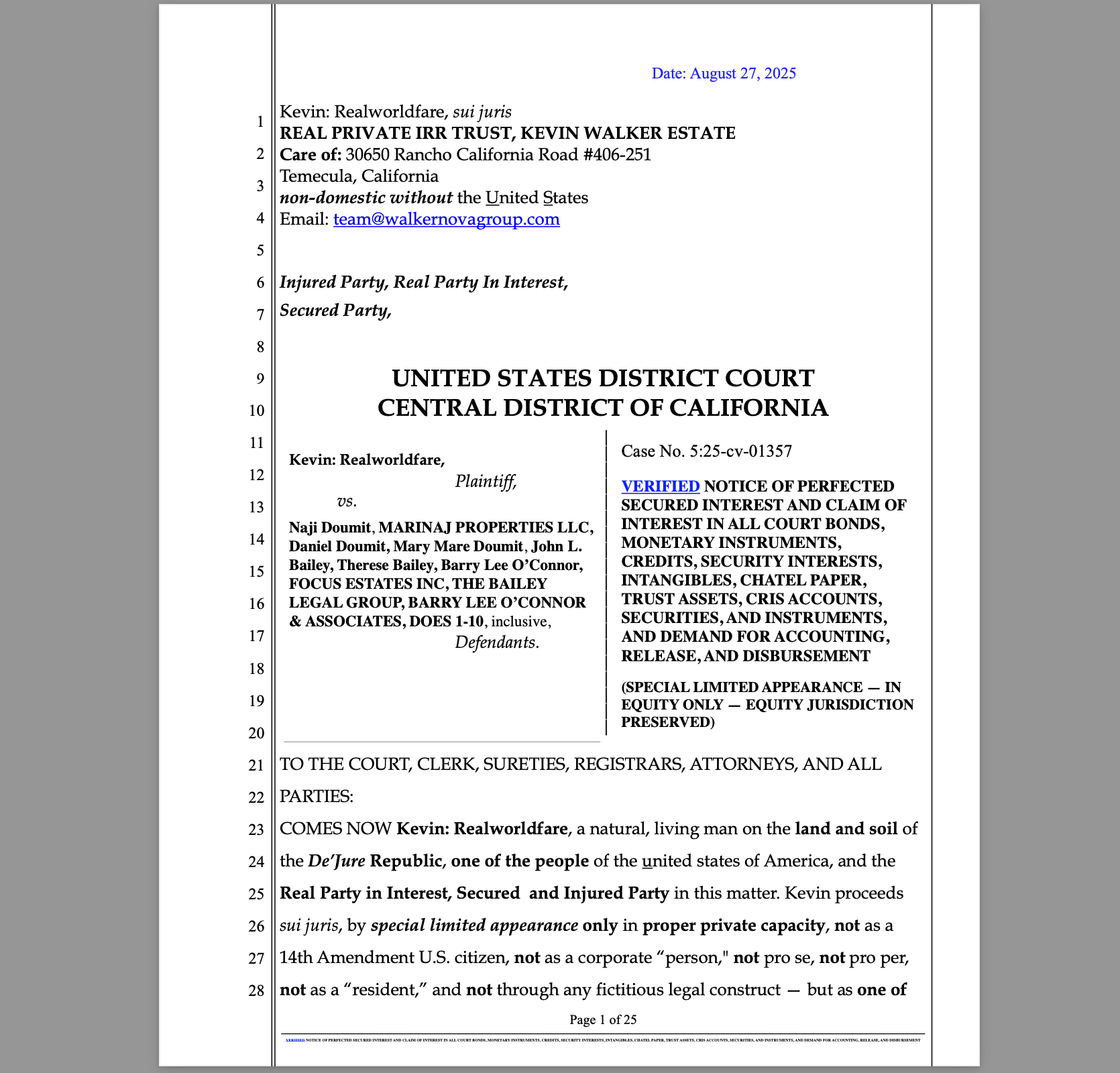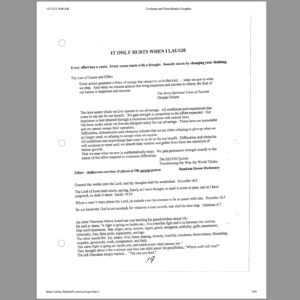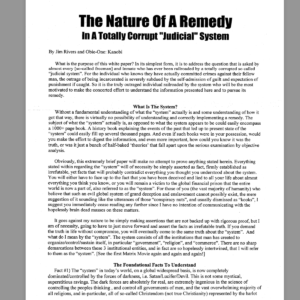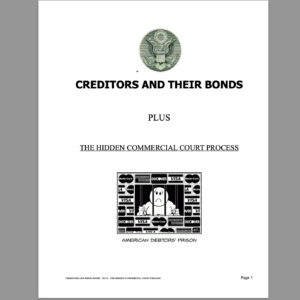1. The Backstory: Courts as Financial Clearinghouses
Every time a case is filed in court, it doesn’t just exist as a legal dispute — it generates financial instruments. The case becomes an asset, securitized into bid bonds, performance bonds, and payment bonds. These instruments are registered and deposited into the Court Registry Investment System (CRIS), where they are monetized, pooled, and traded.
Most people never see this layer, but the proof is in the statutes:
-
28 U.S.C. § 2041 requires that all district court funds be deposited with the U.S. Treasury.
-
28 U.S.C. § 2042 requires release to the party lawfully entitled.
-
31 U.S.C. §§ 9301–9309 regulate judicial surety bonds as instruments with real commercial value.
In short: the courts are not just dispensing justice — they are operating as financial trust companies, issuing securities backed by your name, your case, and your energy.
2. The Removal of Lawful Money and the Shift to Credit
The foundation for this system was laid with the Emergency Banking Relief Act of 1933 (HJR-192, Public Law 73-10). When the government removed gold and silver from circulation, it could no longer demand payment in substance. Instead:
-
31 U.S.C. § 5118 confirms that no U.S. obligation can require payment in gold.
-
12 U.S.C. § 411 makes Federal Reserve Notes obligations of the United States, legal tender for all debts.
-
12 U.S.C. § 412 shows these notes are backed by collateral deposited with Federal Reserve Banks.
What does that mean? That all debts must be discharged in credit, not paid in gold or silver. Since the People cannot “pay” anymore, the system monetizes every contract, judgment, and court proceeding to generate the credit that discharges the debt.
3. How Securities Arise in Judicial Proceedings
When a case is docketed, bonds are created:
-
Bid Bonds: Ensuring performance of parties.
-
Performance Bonds: Securing the judgment.
-
Payment Bonds: Guaranteeing costs and settlements.
These bonds are assigned CUSIP numbers and treated as negotiable securities under the Uniform Commercial Code (UCC). Fiduciaries like clerks, registrars, and judges act as trustees managing these instruments.
By law:
-
UCC § 9-102(a)(12) defines collateral to include accounts, chattel paper, securities, and public obligations.
-
UCC § 9-203 enforces the security interest when value is given, rights exist, and an agreement is perfected.
-
UCC § 9-313 and § 9-315 make the secured party’s interest attach automatically to proceeds and perfected without filing when negotiable securities are in play.
This means that once you put the system on notice of your claim, you step into the role of Secured Party Creditor — with rights above those of trustees and sureties who would otherwise siphon off the commercial benefits.
4. The Role of Transparency and Fiduciary Duty
Congress knew this system would be hidden from the public unless transparency rules were created:
-
44 U.S.C. § 1505(a) requires all judicial financial protocols and bonding practices to be published in the Federal Register.
-
Federal Rules of Civil Procedure Rule 17(a) requires recognition of the Real Party in Interest — the one whose name and estate back the bonds.
Failure to disclose this system isn’t just bad faith — it’s constructive fraud. It’s fiduciary breach, concealment of trust assets, and actionable denial of rights under 18 U.S.C. §§ 241, 242, 872, 1341.
5. Why “Frivolous” is Their Shield
When you assert your rights to accounting, lien enforcement, or bond proceeds, the system can’t rebut you with facts — because the statutes prove you right. Instead, they hide behind the word “frivolous.”
“Frivolous” is not a refutation. It is bureaucratic shorthand for:
-
“We refuse to acknowledge this because it reveals our hidden financial engine.”
-
“If the People realize they are creditors, not debtors, the whole system collapses.”
In reality, your claim is backed by UCC, Title 28, Title 31, Title 12, and emergency banking statutes. What’s “frivolous” to them is dangerous truth.
6. The Legal Effect of Your Verified Notice
By filing a Verified Notice of Perfected Secured Interest and Claim of Interest, you:
-
Established your lien on all court-generated securities tied to your case.
-
Invoked your rights under UCC Articles 3 and 9, 28 U.S.C. §§ 2041–2042, 31 U.S.C. §§ 9301–9309, and HJR-192.
-
Put fiduciaries on notice that failure to account or release funds constitutes fraudulent concealment, commercial conversion, and breach of trust.
Conclusion
The courts run a hidden financial system where every case becomes a bond, every bond a security, and every security a tradable asset. The statutes — from HJR-192 to Title 28 to the UCC — not only expose this reality but arm the People with lawful authority to claim their rightful interest.
The fight is not against law — the law is on your side. The fight is against concealment, fraud, and those who weaponize words like “frivolous” to keep the People from realizing that they are the creditors of the system.
